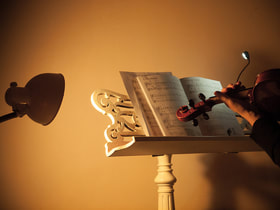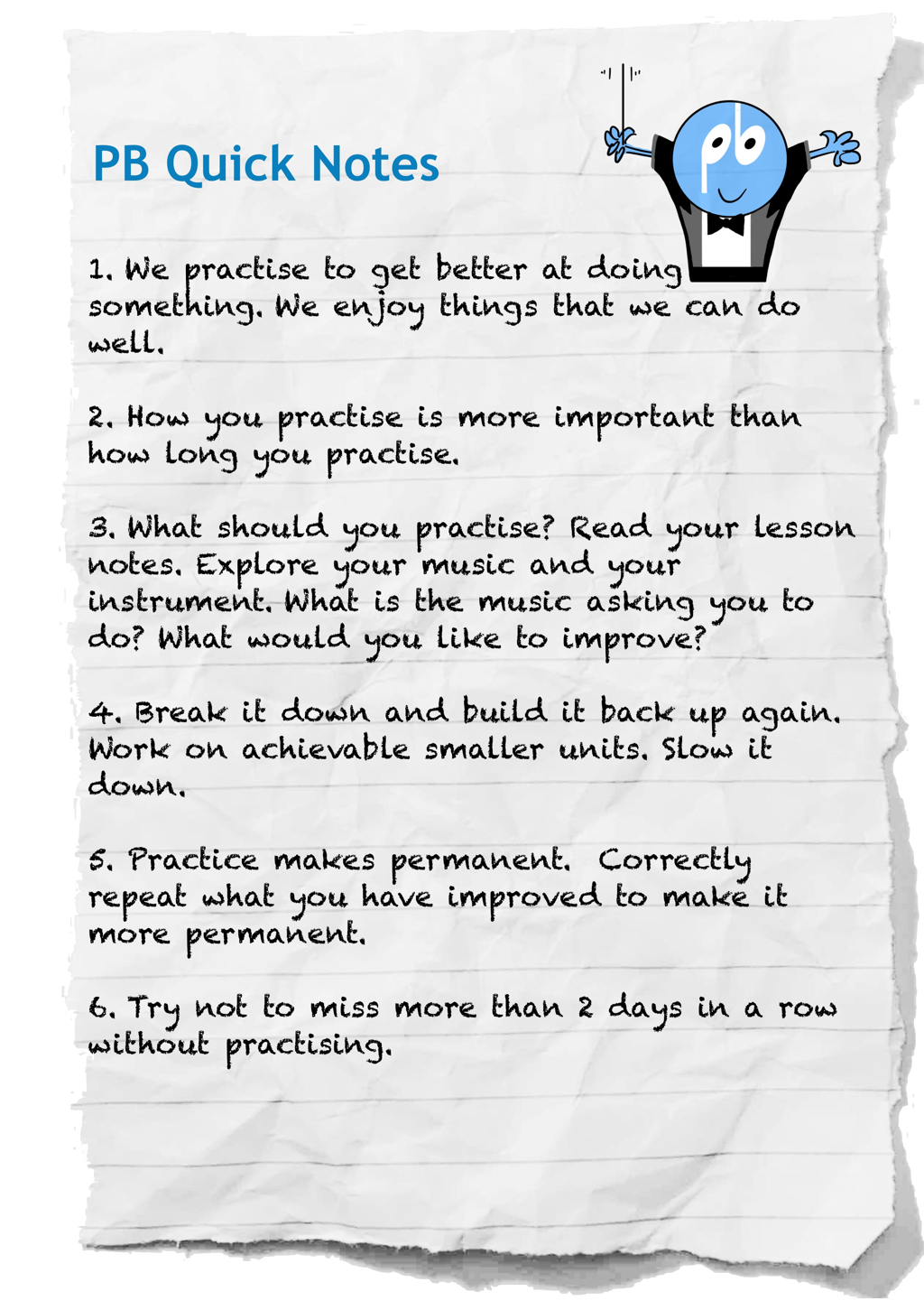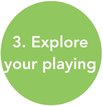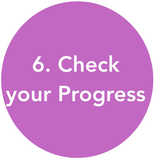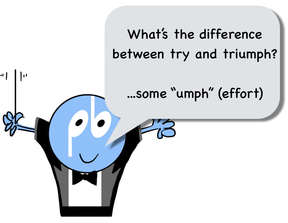|
Why Practise? We practise to get better at doing something, whether it is in music, sport or any other activity. In music we are aiming for fluency, so that we are able to enjoy our playing and others will enjoy listening to us. Learning to play a musical instrument can be a challenge, as it is a multitasking activity. Practising is a way to automate many of these skills. To often practice is associated with work, effort, wanting to get it over with and arguments with parents. Not practising enough is often the reason why parents stop lessons for their children. To much emphasis is focused on how often or how long one should practise rather than just how you should practise. Whether you are a beginner learning a four bar tune or an advanced musician learning a concerto, we can all benefit from effective practice. Motivation is what you get, |
6 Top Tips for Effective Practice
|
Have a practice area that will help you practise effectively, away from distractions. When is the best time on that day to achieve this? You will want to focus your attention and be inspired in this area. A music stand set to the correct height and a pencil for highlighting details in the music are both helpful. Your teacher may also suggest using a metronome in your practise.
|
|
Be an explorer when you play through your music and don’t be afraid of making mistakes. Don’t just play what you find easy. Knowing what you can and cannot do is very useful information to discover. Listen attentively and question. What is the music telling you to do and how best can you do this with your instrument or voice? Identify something to improve.
|
|
Break it down and build it up back up again. Choose small units to work on. It may only be a couple of notes, a difficult rhythm or change of fingering to fix the problem. It may help to separate the difficulty away the dynamics or tempo. Slowing it down is like looking at the problem through a magnifying glass.
|
|
Practice makes permanent. The more you repeat something, the more permanent and fluent it will become. Effective repetition starts from when you can play it correctly. Start slow and increase the tempo with each correct repetition. Repeat small units correctly. You will have more success repeating a small unit of music correctly three times than playing through a larger section of music without any mistakes. Be careful not to repeat errors as these can also become permanent.
|
|
Playing though the music, including what you have practised can be a great way to check your progress and acknowledge your achievement at the end of your practice while identifying what may need attention for your next practice session. Make notes for yourself. Are you able to play the music more fluently? Can you maintain a steady pulse through the difficult sections? Are you more aware of what the music is asking you to do and more capable of communicating this through your playing?
|
How to practise less while achieving more.
|
Warm-up
Just as an athlete needs to warm up, musicians will also benefit from a warm-up at the start of their practice to help them get the best from their playing. Your warm-up might be linked to a practice target, a specific technique or your exam scale requirements. Warm ups will change as you progress. MyMusicPB recommends that you ask your teacher for guidance on what your warm-up should include, how to do it correctly, what you are aiming for and what to listen out for through each stage of your learning. Clarity with help you achieve clear results. |
How often and how long should I practise?
How we practise is more important than how often and how long we practice. Thinking about how to effectively practise can help us determine how often and long we should practise. Having learnt that repetition strengthens your learning, the best time to practise would be as soon after your lesson as possible and practising again the following day would maximise the power of repetition. If you miss a day after that, you will not forget the good progress you have made. Try not to miss more than 2 days in a row, as that is also an exam of repetition. Repetition of not practising leads to permanently not playing. How long you practise should be based on how long it takes to achieve a result rather than attempting to achieve a particular number of minutes. Some practice sessions will be quicker than others. Keep a focus on what you are working on from your last lesson and how long and it will take to learn it with fluency before your next lesson. |
|
Triumph
If you want to raise your standard, be willing to raise your effort level. Have a certainty, a clarity, a purpose of what you want to achieve and know that you can achieve it with effective practice. Practise spelling As music is an international language, it is worth noting that the spelling of practice has variations throughout the world. MyMusicPB uses the British spelling of practice (c) as a noun and to practise (s) as a verb. |

